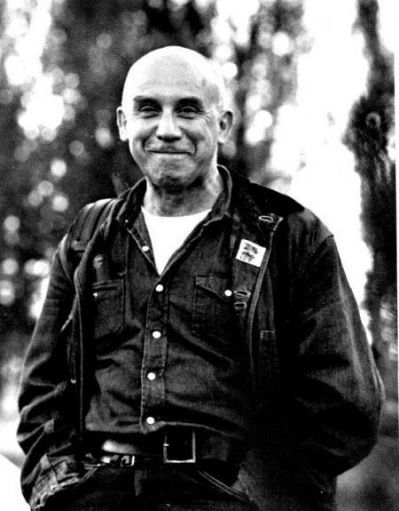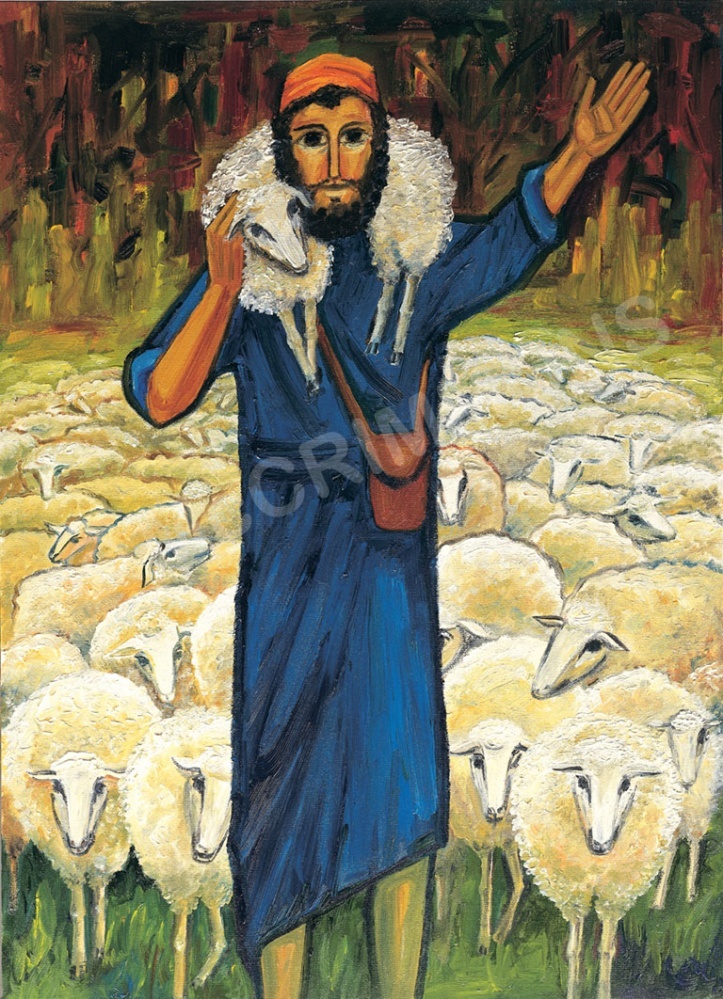Themed categories
News
A Monk of our Time - A reflection by Chris McDonnell

Thomas Merton OCSO, monk of the Abbey of Gethsemane in Kentucky died Dec 10th 1968, twenty seven years to the day after he entered the Abbey in 1941.
A prolific writer, with many books published in his life time and not a few after his death, the inspiration for even more books about him, articles as well as poetry, he will perhaps be remembered most for his journals.
He kept journals from before his reception into the church, in November 1938 at Corpus Christi church, New York City, until two days before his death following an electrical accident whilst showering in his room. He was an attending an interfaith conference between Catholic and non-Christian monks in suburban Bangkok, the primary purpose for his journey to Asia. His journals are extensive in their detail and give us a picture of a man whose search for God was never easy but who kept trying none the less. Writing in his journal for December 4th 1964, he said: "In the hermitage one must pray or go to seed. The pretence of prayer will not suffice. Just sitting will not suffice. It has to be real. Yet, what can you do? Solitude puts you with your back to the wall, or your face to it, and this is good. So you pray to learn how to pray."
His friendship with the Buddhist monk, Thich Nhat Hanh in the early Sixties, was part of this exploration, his deep desire to explore the faith of both East and West.
His written contribution to the Peace Movement during the time that Vietnam saw so much bloodshed, was circulated through contacts. His order forbade him publishing on issues relating to Nuclear weapons and the general issue of peace so his comments were passed round in mimeographed copies. They became known as the Cold War Letters, some 110 of them. After his death Merton was returned to the United States in a B52 bomber carrying the war dead for that week, an ironical twist after his committed opposition to the war in Vietnam.
Merton was not a conventional monk. When he moved to his hermitage in the grounds of the Abbey, he was more likely to be seen in denims and a jacket rather than a monastic habit. Yet his influence has been extensive. He was a joyous man, a man of humour and a prolific correspondent. His collected letters fill five volumes.
Next year, January 31st, will be the 100th anniversary of his birth in the village of Prades in France. His is a life to reflect on in the coming year which Pope Francis has asked to be a Year for Consecrated living.
I have tried to gather a few words on Merton, the Christian Monk of the West, and his contact only weeks before his death, after many years of reading and letter exchange, with the Buddhist East, in this brief piece.
Polonnaruwa*
It was at this time of the year
that he went to the valley
of the Buddhas and,
pausing a moment to remove his shoes,
walked barefoot through the wet grass
among the reclining figures.

The faint smile of their unfaltering gaze
returned his awe at being in their presence.
A Christian monk of the West
experiencing the East,
just six days before his disappearance.
*December 4th 1968 Diary entry.
"I don't know when in my life I have ever had such a sense
of beauty and spiritual validity running together in one
aesthetic experience."
Thomas Merton ocso
John Herriott, writing in the Tablet a number of years ago, described how Merton "would, in retrospect, be regarded as the archetypal example of a monk of the late 20th C."
If you haven't found him yet, dip into the pond.
END






